Navigation
Can I leave my e-bike on charge overnight? This question often arises among e-bike owners who want to ensure the safety and longevity of their electric bicycles. We will explore various aspects related to leaving an e-bike on charge overnight, providing insights into the considerations and potential risks associated with this practice.
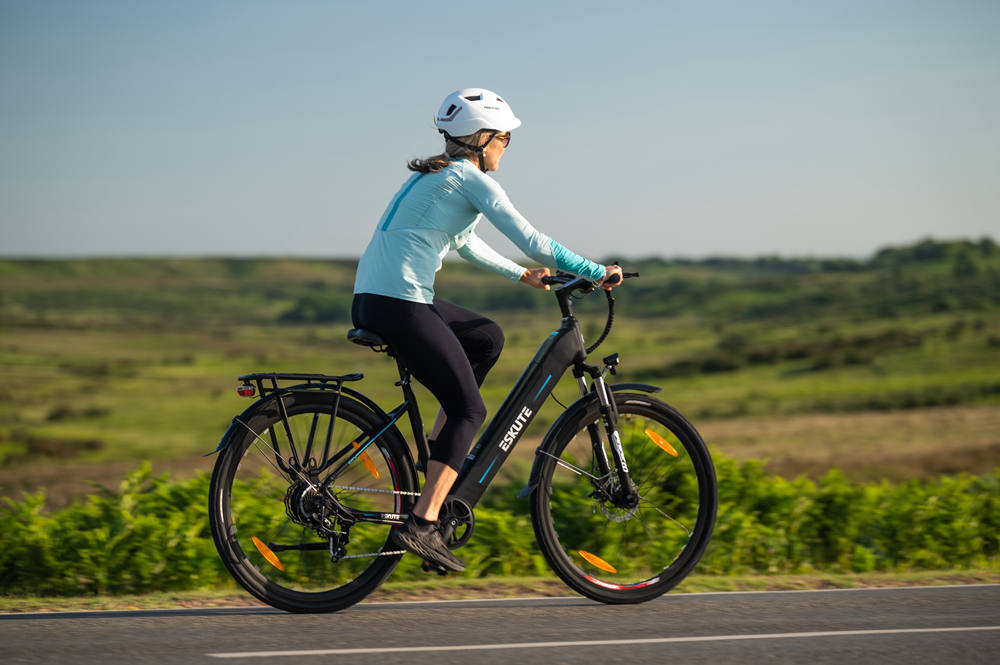
1. Battery Safety
- One of the primary concerns when leaving an e-bike on charge overnight is battery safety. Lithium-ion batteries, commonly used in e-bikes, are generally safe and have built-in protection mechanisms. However, it is crucial to use the charger provided by the manufacturer and follow their recommended charging guidelines to minimize the risk of battery-related incidents.
- Overcharging, although rare, can potentially lead to battery overheating or even a fire. To mitigate this risk, modern chargers and e-bike battery management systems are designed to prevent overcharging by automatically stopping the charging process once the battery reaches its full capacity.
- While leaving an e-bike on charge overnight is generally safe with the appropriate charger, and following manufacturer guidelines, it is advisable to periodically check the charging process and ensure the battery is functioning correctly.
2. Charging Time
The charging time required for an e-bike battery depends on its capacity and the charger's output power. Charging an e-bike overnight allows sufficient Time for the battery to reach its full capacity, ensuring a longer riding range the next day. However, some e-bike batteries may have a shorter charging time, and leaving them on charge overnight might result in unnecessary energy consumption.
It is recommended to consult the e-bike's user manual or the manufacturer's specifications to determine the optimal charging time for the specific battery model. By following the recommended charging time, you can maintain the battery's performance and avoid excessive energy consumption.
3. Battery Longevity
- The longevity of an e-bike battery is a crucial aspect to consider. The lifespan of a lithium-ion battery is influenced by several factors, including the number of charge cycles, temperature, and charging habits. Leaving an e-bike on charge overnight occasionally is unlikely to have a significant impact on the battery's lifespan.
- However, frequent and prolonged overcharging can gradually degrade the battery's capacity and overall performance. To maximize the battery's longevity, it is recommended to avoid fully depleting the battery before recharging it and maintaining the battery's charge level between 20% and 80% whenever possible.
- Additionally, exposing the battery to extreme temperatures, such as extreme cold or heat, can also affect its performance and lifespan. It is advisable to store and charge the e-bike in a temperature-controlled environment to ensure optimal battery health.
4. Charging Infrastructure
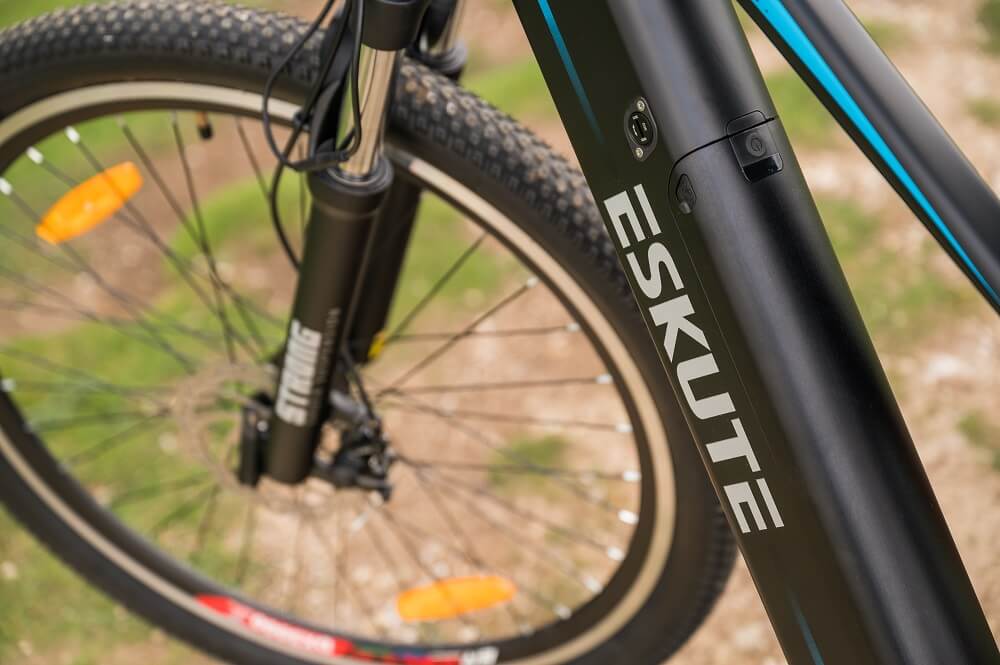
The availability of reliable and safe charging infrastructure is another consideration when deciding whether to leave an e-bike on charge overnight. If you have access to a dedicated charging station or a properly installed and maintained charging point, it can provide a convenient and secure option for overnight charging.
However, if the charging infrastructure is unreliable or presents safety concerns, it may be prudent to consider alternative charging options, such as charging during the day or at a trusted charging facility.
5. Personal Preferences and Convenience
Ultimately, the decision to leave an e-bike on charge overnight depends on personal preferences and convenience. Some e-bike owners prefer the convenience of having a fully charged battery every morning, allowing them to embark on their daily rides without worrying about charging during the day.
6. Alternative Charging Practices
- If leaving your e-bike on charge overnight raises concerns, or if you prefer alternative charging practices, there are several options available. One option is to charge your e-bike during the day when you can monitor the charging process and ensure that it doesn't overcharge. This way, you can disconnect the charger once the battery reaches its full capacity.
- Another option is to invest in a smart charger or a charger with a timer function. These chargers allow you to set a specific charging duration, ensuring that the battery is not left on charge for an extended period.
- Furthermore, if you have access to multiple batteries, you can have one battery charging overnight while using another battery during the day. This way, you always have a fully charged battery available without the need for overnight charging.
7. Manufacturer Recommendations
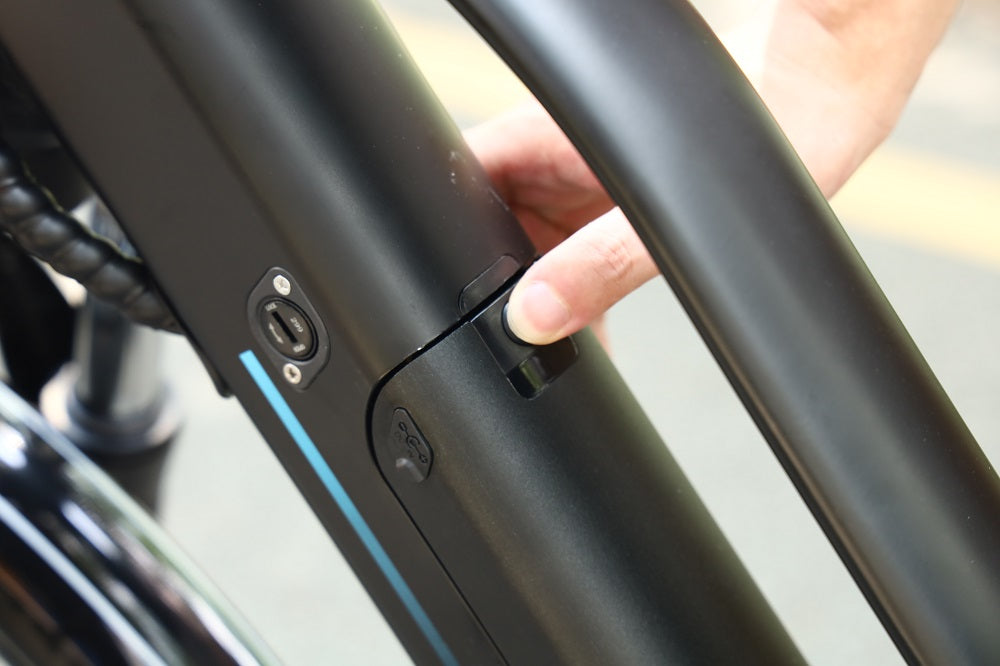
It is essential to consult the manufacturer's recommendations regarding charging practices for your specific e-bike model. Manufacturers often provide guidelines on optimal charging times, appropriate chargers to use, and any specific precautions to consider.
Following the manufacturer's recommendations not only ensures the safety and longevity of your e-bike but also helps maintain any warranty or service agreements associated with the battery and charger.
8. Monitoring and Maintenance
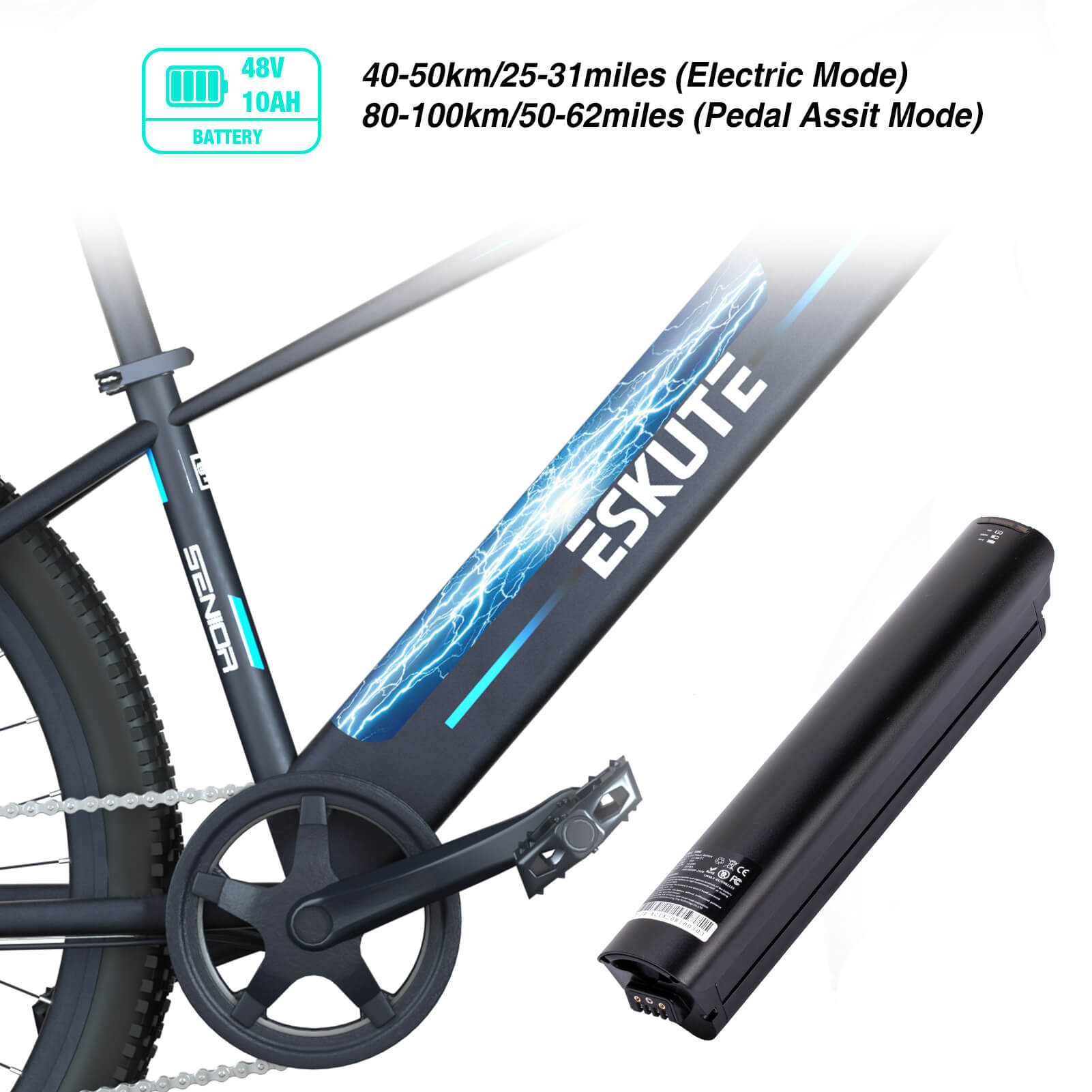
Regular monitoring and maintenance of your e-bike's battery are crucial for its performance and lifespan. Regardless of whether you leave your e-bike on charge overnight or use alternative charging practices, it is essential to periodically check the battery's condition.
Monitor the charging process, ensure that the battery is charging correctly, and be aware of any signs of battery degradation, such as reduced range or diminished performance. If you notice any significant changes, it may be necessary to have the battery inspected or replaced by a professional.
9. Individual Battery Characteristics
It's worth noting that individual e-bike batteries may have specific characteristics or requirements regarding charging practices. Therefore, it is crucial to familiarize yourself with your battery's specifications, including its chemistry, voltage, and capacity.
Some e-bike batteries may have different charging needs or restrictions, and understanding these specifications can help you make informed decisions about charging practices and ensure the optimal performance and lifespan of your battery.
10. Summary
In conclusion, leaving an e-bike on charge overnight can be a safe and convenient option when following the manufacturer's recommendations and using the appropriate charger. Battery safety, charging Time, battery longevity, and personal preferences are key factors to consider when deciding on overnight charging practices.
However, alternative charging practices, such as charging during the day or utilizing smart chargers, can also be viable options. Regardless of the chosen charging method, regular monitoring and maintenance of the battery are essential for optimal performance and longevity.
Ultimately, understanding your e-bike's battery characteristics and adhering to the manufacturer's guidelines will help ensure a safe and efficient charging experience for your e-bike.






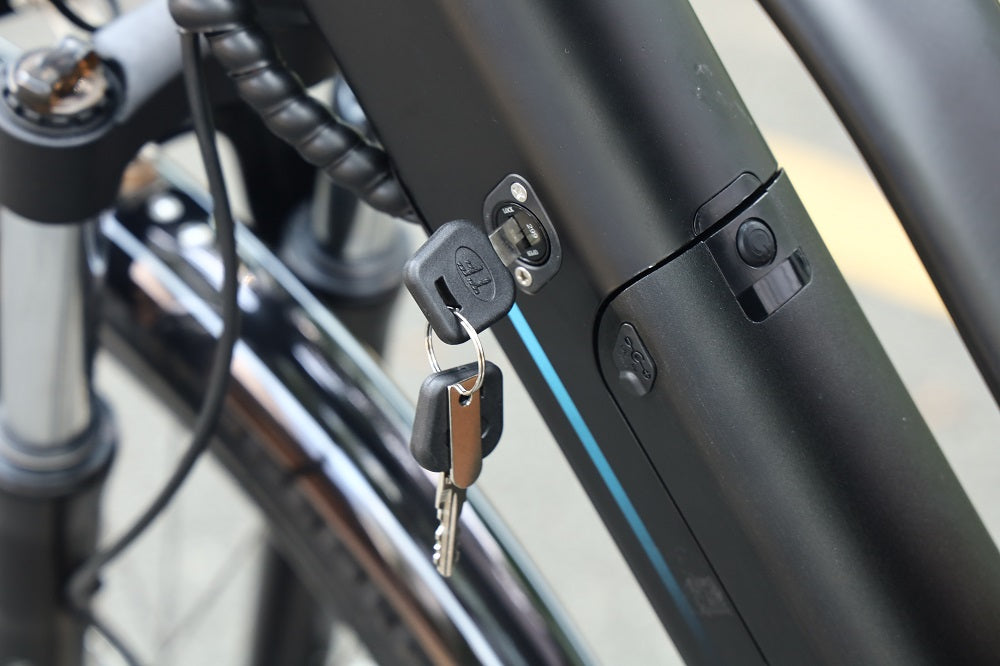



Leave a comment
This site is protected by hCaptcha and the hCaptcha Privacy Policy and Terms of Service apply.